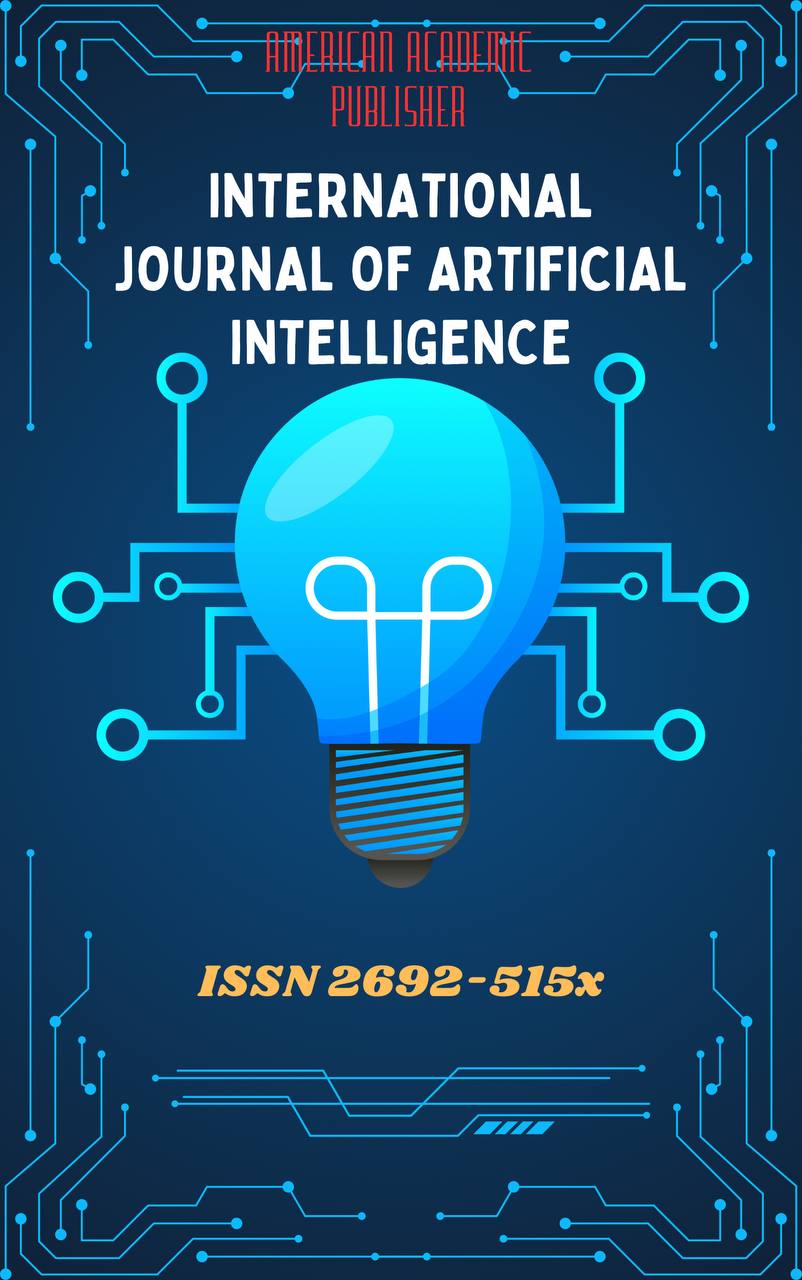 Articles
| Open Access |
Articles
| Open Access | CREATIVE METHODS OF ORGANIZING INTERESTING LESSONS IN ORAL FOLK LITERATURE IN COMPREHENSIVE SCHOOLS
Kadirova Mashhura Nasirovna , Associate Professor of the Department of Uzbek Literature and Teaching Methods, Nizami National Pedagogical University of UzbekistanAbstract
This article analyzes the importance of studying folklore in comprehensive schools and its scientific basis in the educational process. The article substantiates the need to use interactive methods, information technology, creative approaches and research methods for the effective organization of folklore lessons. In conclusion, the role of folklore education in preserving national culture and passing it on to future generations is emphasized.
Keywords
References
Kadirova M.N. Technological solutions and innovative digital tools. Netherlands. https://staff.tiiame.uz/storage/users/829/articles/nyOCfZLWmrPLJiMMJmugxLcoqGUmIvB9cP2PPxaq.pdf
Kadirova M.N. Improvement Of Students' Competences on Folklore Genres in Distance Learning Environment. Nizami Tashkent State Pedagogical University lecturer of the Department of Uzbek language and literature. https://geniusjournals.org/index.php/ejlat/article/view/410
Kadirova М.Н. "The need for improving the methodology of teaching folklore in distance learning" Lecturer, Department of Uzbek language and literature of Tashkent State Pedagogical University named after Nizami, Uzbekistan, https://inlibrary.uz/index.php/crjps/article/view/17610
Kadirova M.N., Innovative methods for improving the methodology of teaching folklore in literature lessons. AmericanAcademicpublishers, volume05, issue05, 2025. INNOVATIVE METHODS FOR IMPROVING THE METHODOLOGY OF TEACHING FOLKLORE IN LITERATURE LESSONS | International journal of artificial intelligence
Article Statistics
Downloads
Copyright License

This work is licensed under a Creative Commons Attribution 4.0 International License.

